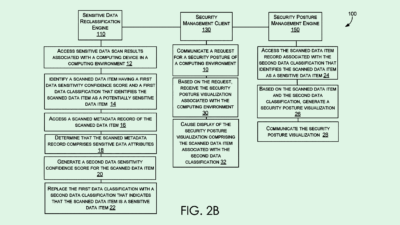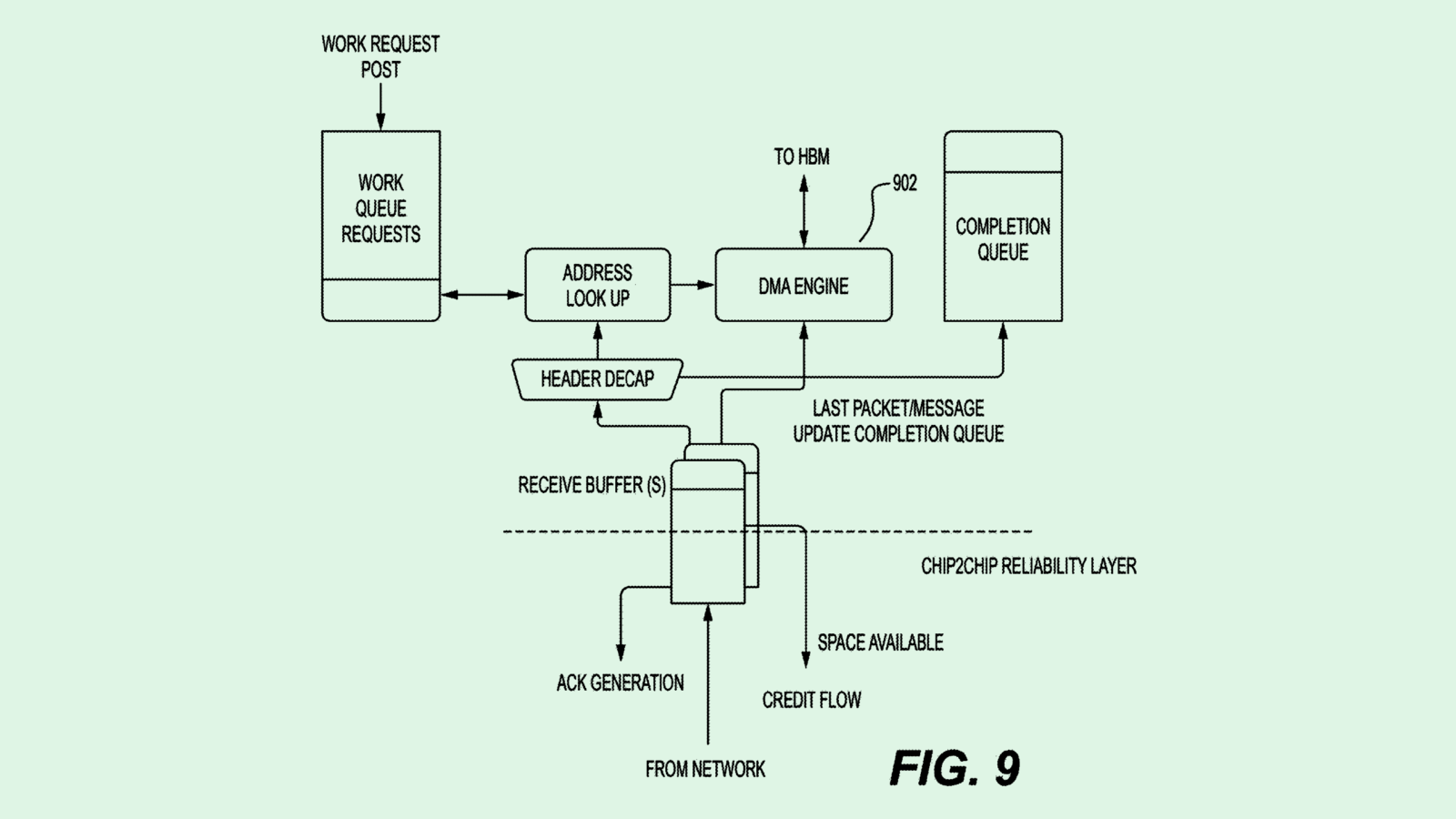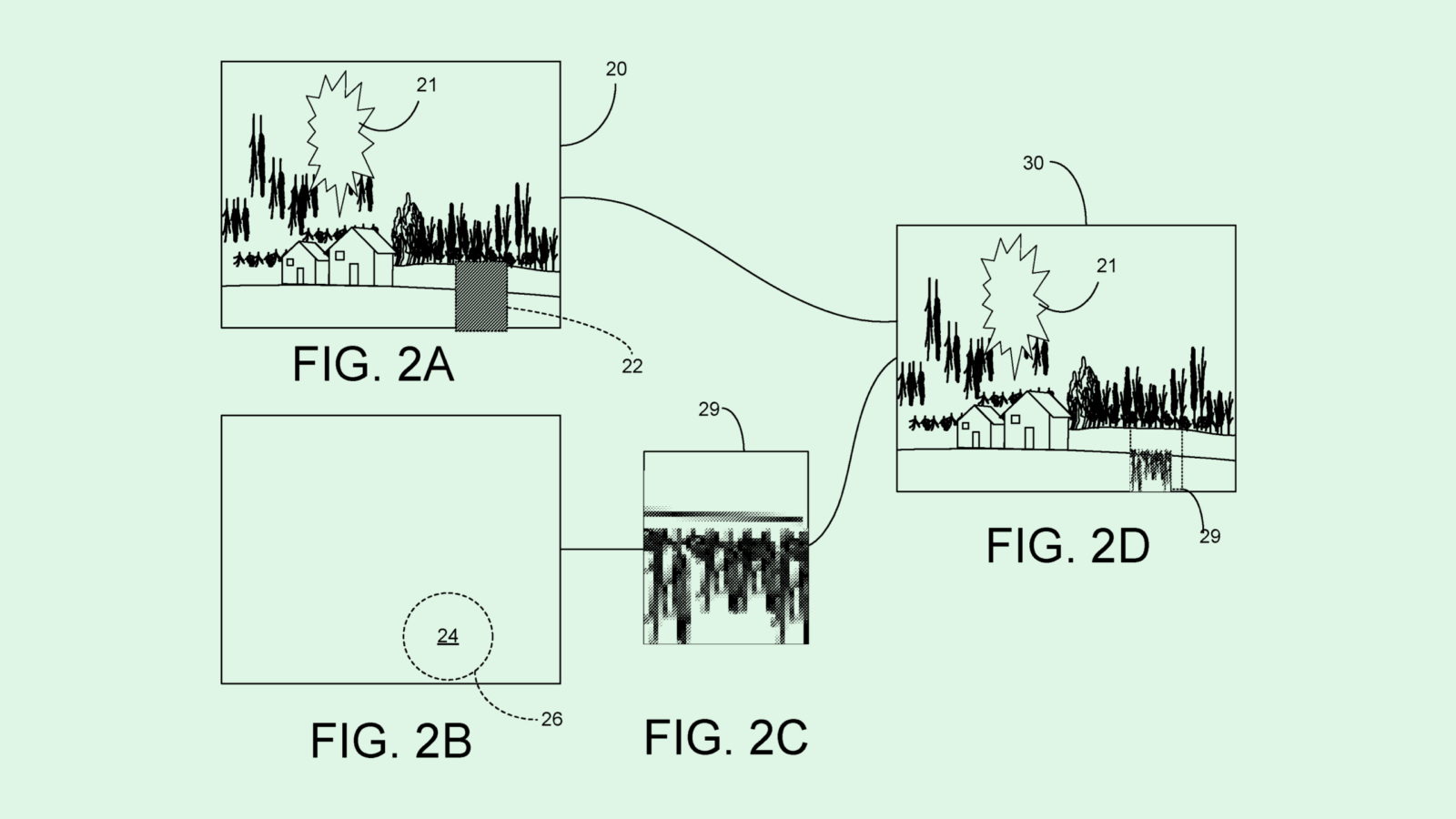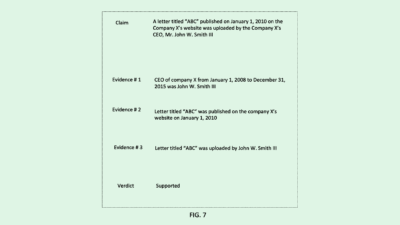Ford Patent May Bring In-Car Advertisements on Your Road Trip
While this could create a lucrative new revenue stream for Ford, it also presents a privacy conundrum, one expert said.
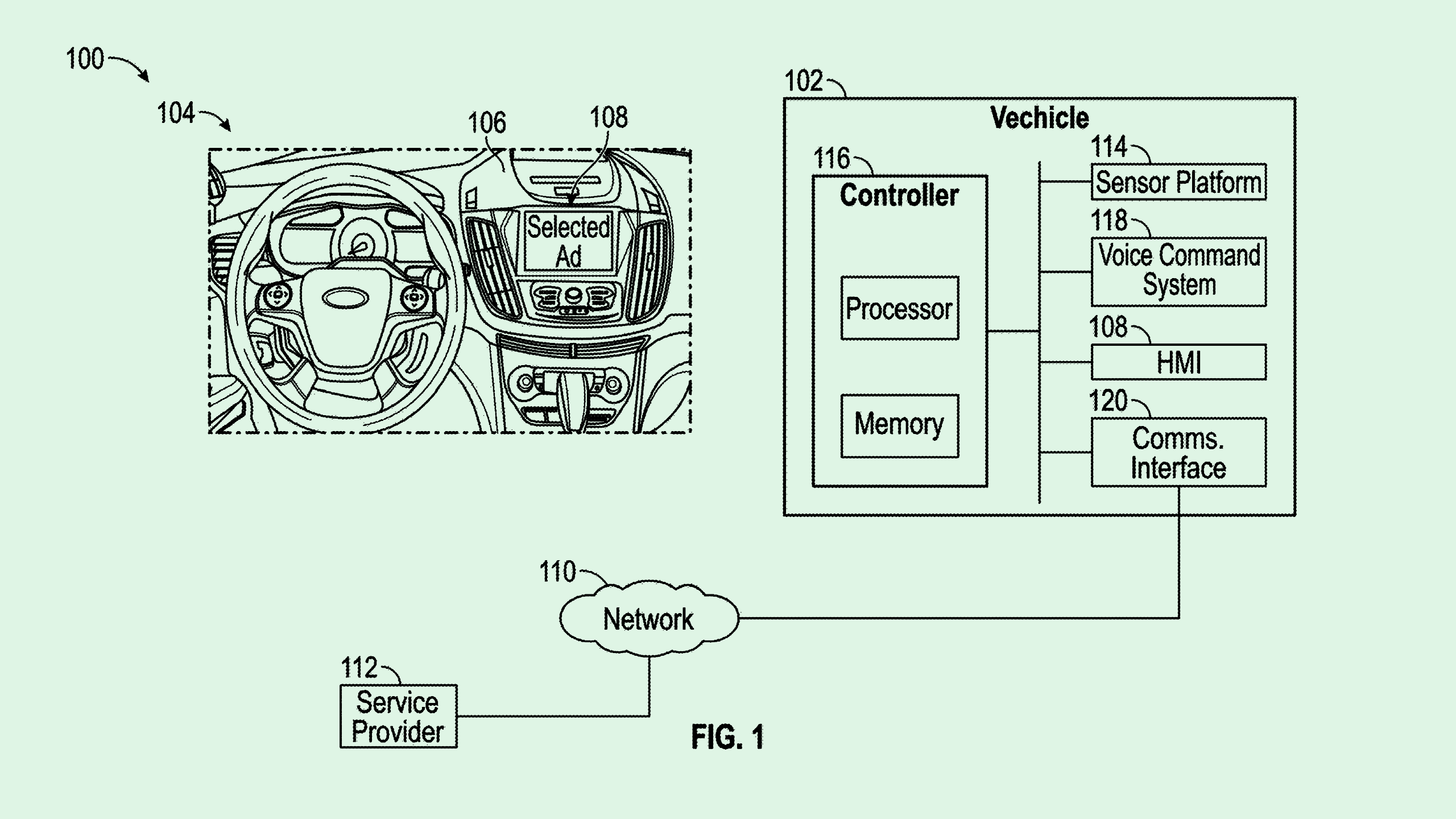
Sign up to uncover the latest in emerging technology.
Ford might want to get to know its drivers a little better.
The automaker filed a patent application for “in-vehicle advertisement presentation,” which relies on collecting a host of data on drivers to determine the best ads to feed them.
“Advertisements can be presented through voice or audio systems in the vehicle,” Ford said in the filing. “A user’s preferences for advertisements can also be influenced by driving conditions or other contexts.”
In order to better tailor ads to drivers, Ford’s system would collect information about current conditions, such as location, speed, and traffic; whether or not the vehicle is being driven autonomously; and predictions for route and destination. Additionally, Ford’s system may rely on “historical user data,” such as engagement with previous advertisements, that is “obtained from any one or more of a third-party applications.”
Ford’s tech would then show the user ads via the screen in their car, or employ audio-only ads through speakers. For example, if a driver is on their way to the grocery store, it may advertise deals on certain products. If they’re on a road trip, it may encourage them to stop at a certain gas station.
It may also “intelligently schedule variable durations of ads,” aiming to “maximize company revenue while minimizing the impact on user experience.”
When contacted by Patent Drop, a Ford spokesperson said that it’s patent applications shouldn’t be taken as forecasts for its future plans. However, Ford is no stranger to autonomous vehicle technology.
The company has sought to patent autonomous maintenance and in-vehicle autonomous drones, and Ford CEO Jim Farley told Bloomberg TV in June that its vehicles achieved partial autonomy in testing. Patenting tech like this would fit squarely into that self-driving vision, said Bob Bilbruck, CEO of consulting firm Captjur.
When drivers no longer have to take their hands on the wheel, time spent in vehicles can be occupied in other ways, said Bilbruck. And often, that time may be spent on a screen. “If you’re watching content or something in the car and you don’t have to look at the road, [advertising] is going to be a lot more effective,” he said.
While this could create a lucrative new revenue stream for Ford and other automakers dreaming up autonomous vehicles, it also presents a privacy conundrum, said Bilbruck. This patent — and personalized advertising generally — relies on getting to know peoples’ likes, dislikes, and behaviors.
Bilbruck noted that a lot of this data is already likely in these companies’ hands. “You’ve just got to assume, as a consumer, you have no privacy,” he said. “You’ve already given that data to them. I think it’s going to reach a point where consumers are going to say, ‘No, I don’t want my life tracked,’ but I don’t think there’s going to be a way to really opt out of it.”



